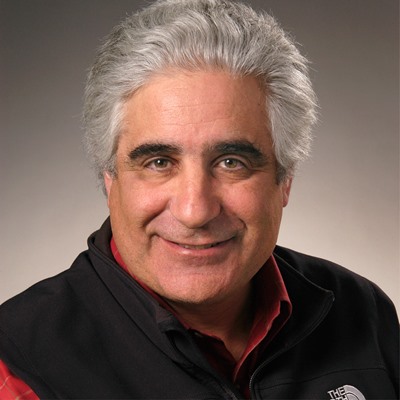In 2010, I had the opportunity to present the experience of developing the breast care program at Brattleboro Memorial Hospital at the 20th annual conference of the National Consortium of Breast Centers. My presentation was titled, “The Delivery of Modern Breast Care in Small Town America” and focused on the startup and early years of the BMH Comprehensive Breast Care program.
Since that time our program has grown and evolved into a center of excellence in breast care with a comprehensive team of professionals all working to the same end result — the best possible outcomes for our patients with breast disease.
BMH’s Comprehensive Breast Care Program shows our commitment to women’s breast health – from advanced diagnostics and screening tools to genetic testing as well as the latest surgical techniques. Part of my job in identifying and managing women at high risk of developing breast cancer, is to provide breast cancer risk assessment, high risk screening, prevention therapy, and counseling.

Our patients are able to avail themselves of high level services including surgery, medical oncology, chemotherapy, physical therapy, dietary counseling, and survivorship programs – all while staying close to home.
As a patient in the program, your introduction often begins with your annual mammogram. Trained technicians using state-of-the-art equipment will ask you a series of questions to determine if you may be at a high risk for breast cancer.
If the results of the mammogram are normal then you will receive a letter indicating such and you can come back the next year for another screening.
Should there be an abnormality the radiologist may recommend additional testing or a surgical consultation. At the consultation appointment you will meet with the surgeon who will take a detailed personal and family medical history, review medications, testing results and perform a breast exam.
Ultrasound is often used in the office to gain a better view of the underlying tissue. If necessary, a biopsy of the breast tissue is performed. There are several types of biopsies: fine needle, core needle, vacuum assisted, or stereotactic, some of which can be performed in the surgeon’s office at the same consultation visit. Some biopsy procedures require that you come back within a few days to have the procedure done in Radiology with minor numbing. Your surgeon, who is certified in stereotactic surgery, will perform the biopsy, while one of the Brattleboro General Surgery nurses will provide support and assistance. BMH pathologists examine the biopsied tissues under a microscope to determine if cancer is present.
Should surgery be necessary, our experienced office nurses will help you by setting up an appropriate date, navigating the paperwork, providing education about what to expect, and supporting you throughout the process. Further education and support is provided by our preoperative assessment nurses and the Breast Program Nurse Navigator. Following surgery, you may be referred to our oncology department for additional treatment. The BMH Oncology Department is an affiliate of the Norris Cotton Cancer Center at Dartmouth Hitchcock.
Every step of the way, your surgeon and the trained team of professionals are overseeing your program of care – from the biopsy in the office to the surgery to the follow up care with physical therapy and oncology. Typically, you would continue to come back annually for breast checks, continued counseling, and support.
Breast disease remains one of the more dynamic fields in medicine today and it seems like every week there are new and exciting discoveries in the field of breast cancer and prevention. One such area is genetic testing and counseling. Genetic testing gives women the chance to see if their family history of breast cancer is due to an inherited gene mutation. There are two genes associated with breast cancer: BRCA1 (for breast cancer 1) and BRCA2 (breast cancer 2). When an individual carries a mutated form of either gene, they have an increased risk of developing breast cancer or ovarian cancer at some point in their lives. By identifying this risk, patients can receive counseling and become proactive about their breast care.
The field of breast care has come a long way. Breast cancer used to be a taboo subject with women often presenting late with advanced stages of the disease. Today there are more than four million women living as breast cancer survivors. This represents an amazing success in the fight against breast cancer. The number one factor in saving women is the annual breast exam and screening mammogram. This allows for an earlier diagnosis and more effective treatment options.
Whether you need a routine screening mammogram, genetic counseling for high risk assessment, surgery, oncology, or support for breast care; you need go no further than Brattleboro Memorial Hospital’s Brattleboro General Surgery and the Comprehensive Breast Care Program — modern breast care close to home.
Dr. Joseph E. Rosen is Medical Director of the BMH Comprehensive Breast Care Program and board certified general surgeon with additional certifications in breast ultrasound and stereotactic surgery. He is a general surgeon on staff at Brattleboro General Surgery and can be reached at 802-251-8650.
